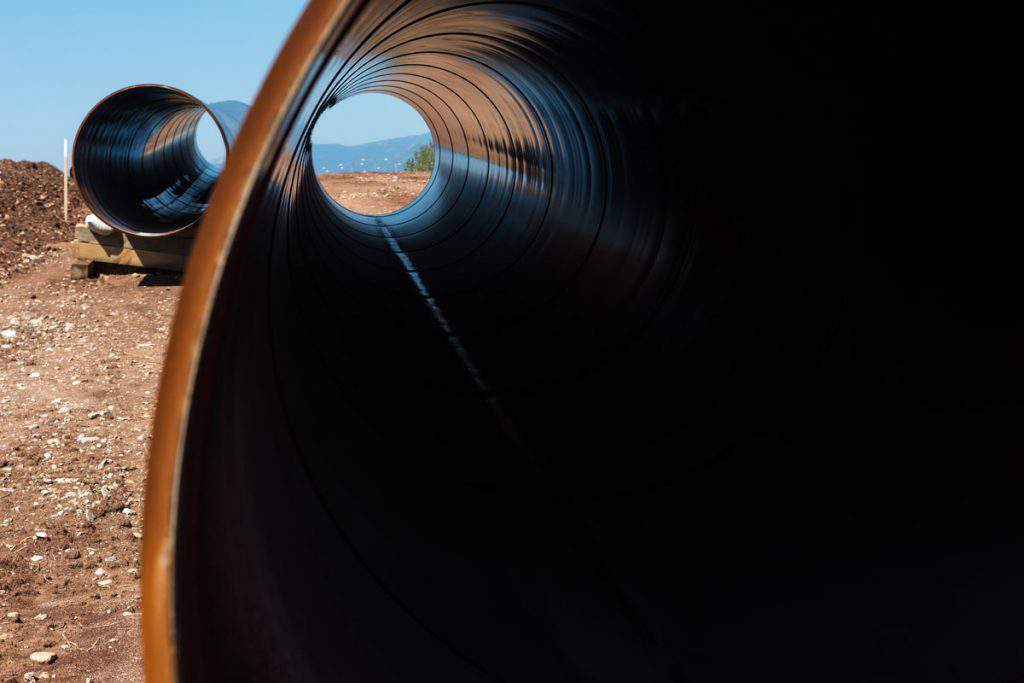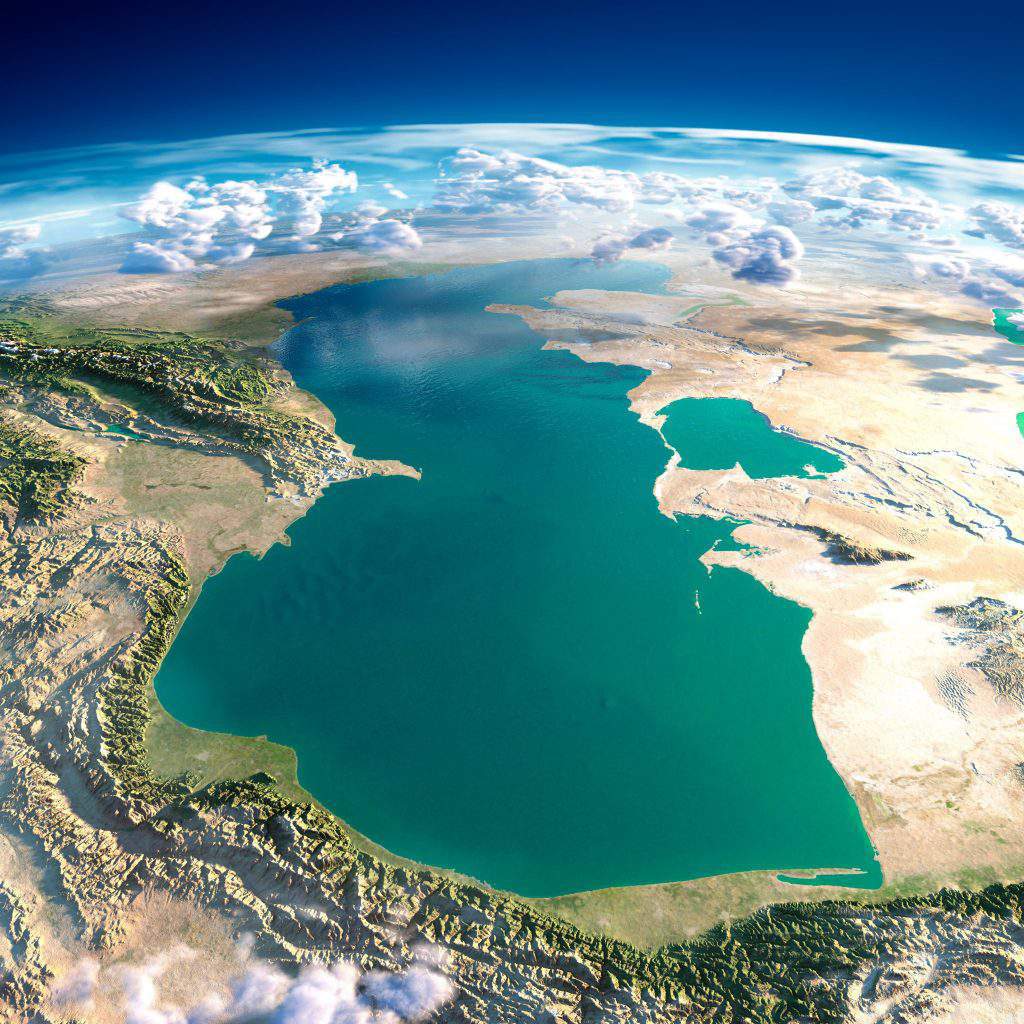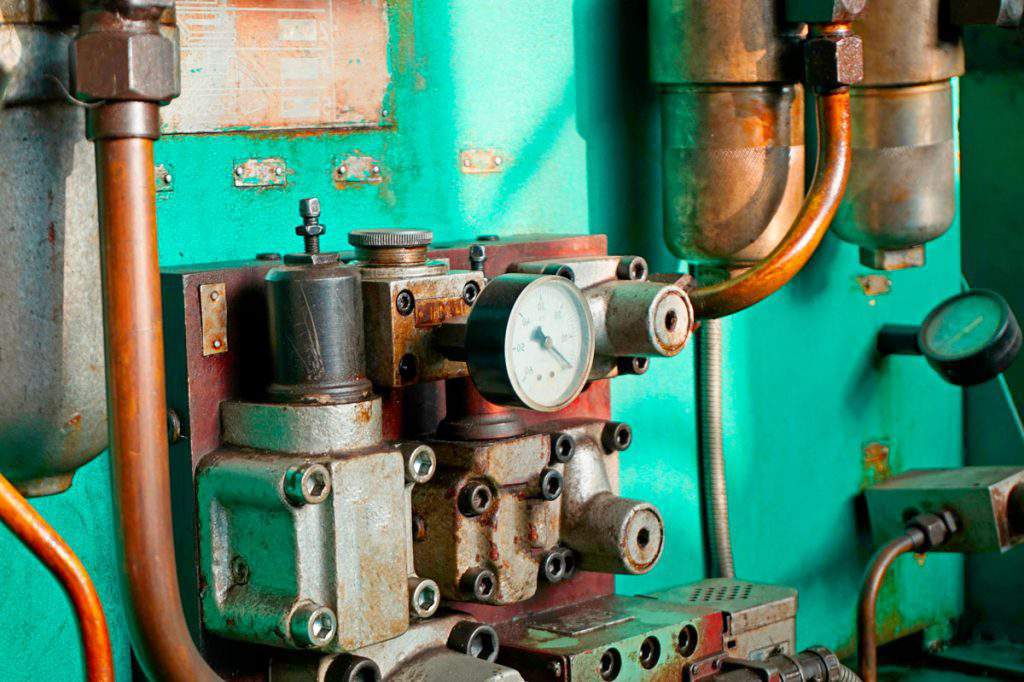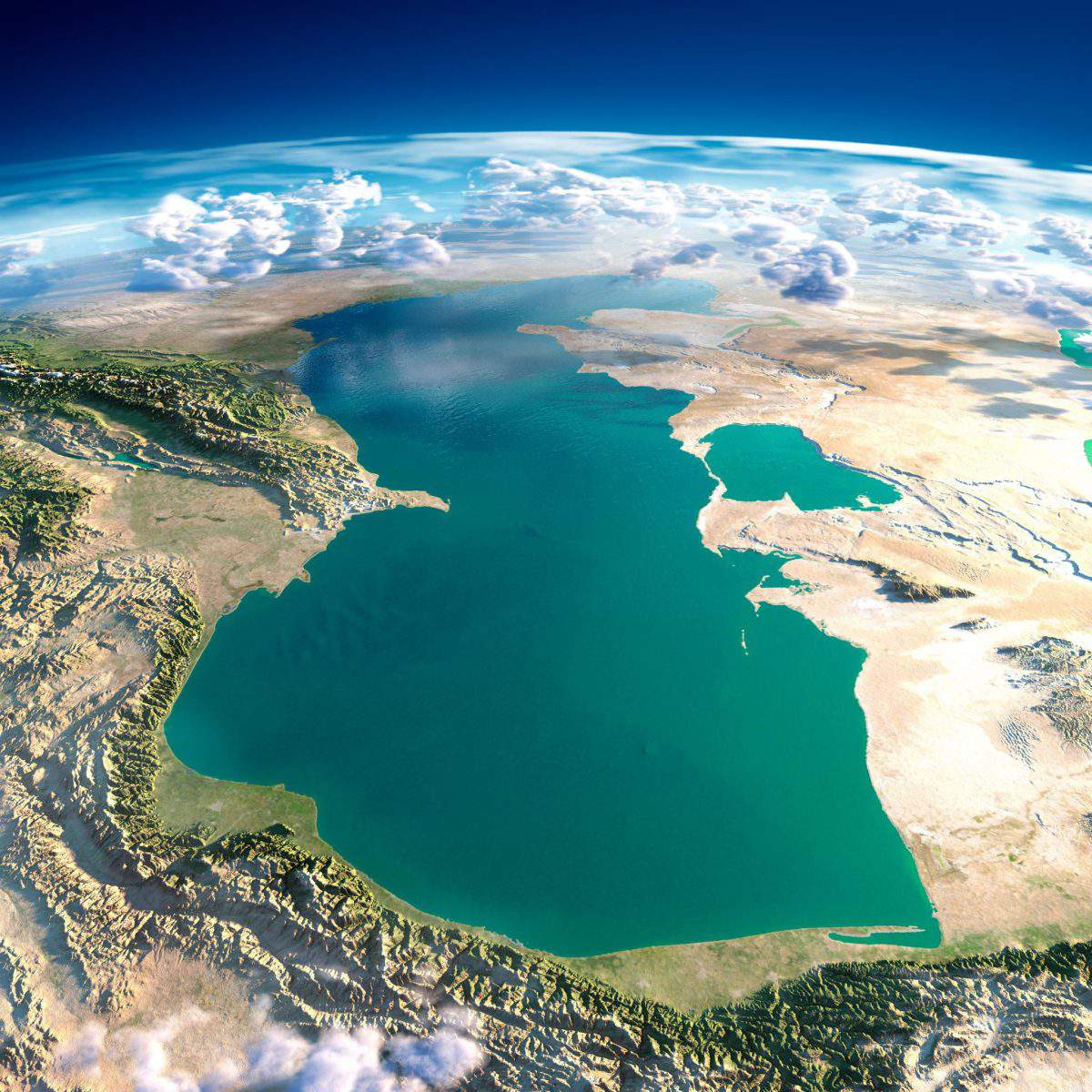The creation of a consortium for building the Trans-Caspian Gas Pipeline (TGP) made up of Edison Technologies, MMEC Mannesmann, Air Liquid Global E&C Solution, and the SINOPEC Engineering Group was announced in August 2019. Analysts believe, however, that the likelihood of the plans announced by the consortium being achieved are minimal due to a current lack of the necessary political, legal, financial and economic conditions for the project.

If the cost of the project was originally put at $5 billion, then now, if sceptics are to be believed, it risks growing four-fold to exceed $20 billion. This is primarily due to the need for large-scale investment in expanding the infrastructure of the Southern Gas Corridor to transport 30 billion cubic metres (bcm) of Turkmen gas. As a result, it could be economically disadvantageous for European consumers to buy Turkmen gas, given they have options for obtaining gas from other sources. Russia and Iran’s negative attitude towards the TGP and the need to achieve a consensus on the impact of the pipeline on the environment of the Caspian have the potential to seriously drag out its potential construction period, significantly limiting interest in the project from potential investors and creditors who have the option of switching to less questionable pipeline projects.
The Trans-Caspian Gas Pipeline is strategically important for the EU. It could become more than simply one of the key means for guaranteeing gas supplies to European markets and allow a real political diversification of sources for obtaining fuel. This diversification would not only reduce Russia’s share of the European energy market; it would also strengthen the economic basis for Europe’s influence in a number of former Soviet states – in this case Turkmenistan, but in certain political circumstances also Azerbaijan. However, the general political and economic situation has proved to be significantly more complicated and has demonstrated the substantial increase in the importance of non-economic risks in the development of investment processes – in particular those associated with the energy sphere – since the TGP project was first discussed and pursued politically.
Success in implementing the TGP project will now be determined by a number of factors:
The first is Iran’s position on the status of the Convention on the Legal Status of the Caspian Sea, which was signed in August 2018. This document is the primary formal document determining the possibility of implementing the TGP in principle. For foreign policy as well as domestic political reasons, Tehran is not seeking to expedite its ratification. The position of the opponents of the agreement in the Iranian parliament is strong; they believe that the leadership of the country has made unjustified concessions on the issue of the demarcation of the Caspian Sea in order to obtain additional opportunities in dialogue with the EU – which as recent events have shown, were in vain. The best-case scenario is that Iran’s parliament will be able to begin scrutinizing the Convention after parliamentary elections are held in the country in 2020. At the Caspian Economic Forum in Avaza this summer, a representative of Iran’s national gas company reaffirmed Iran’s negative attitude towards the TGP. The fact that this was done publicly was particularly significant given the specific nature of Iranian politics. It is important to note that given the difficulties of Iran’s domestic political scene, the significance of political opposition to the ratification of the Convention will in fact grow. And Iran’s leadership, occupied with the complicated balance between various groups of domestic and external political interests, will hardly be keen to create additional points of domestic political tension. Moreover, for a number of objective reasons the positions of those supporting a hard line on the Caspian will strengthen and new elements of the TGP project that might stimulate a change of position on the project per se have not emerged.
The second factor is that for Iran, Turkmen gas – and to a lesser extent Azerbaijani and Kazakhstani gas – constitutes direct competition in its struggle for a presence in the European market. It is highly likely that this aspect of the situation will intensify as the Iranian leadership loses its illusions about the prospects of a strategic partnership with the EU and the EU’s ability to fully support Iran’s position in its dispute with the United States around its nuclear programme and related aspects of Iranian policy, which are growing in number. The further the situation around Iran develops in its present vein, the fewer chances the EU will have to press Tehran to adopt an attitude of compromise towards the TGP. And this is despite the fact that in general, Tehran’s ‘gas strategy’ is in deep crisis.

The third factor is that a non-critical but generally unfavourable factor for the TGP is the position of Azerbaijan, which lacks any great motivation to implement the TGP project, since it is focused on maximizing dividends from the TANAP project, which has a capacity of up to 16 bcm. Baku is not interested in either the access of Turkmen gas to TANAP or the laying additional lines of pipeline in this direction – at least not until all the costs associated with the construction of the TANAP pipeline have been offset. There is a sense that Baku is counting on obtaining a significant share in the gas supply of Greece and the Balkan countries and is therefore committed to maintaining a cooperative position vis-à-vis Moscow. As a result, a stable gas distribution system could be created, with a starting point in Greece.
The fourth factor is uncertainty regarding Russia’s position and its possible reaction to the start of the active phase of construction of the TGP. Russia will undoubtedly continue to regard the project as a competitor to its own pipeline projects, which are at an advanced stage of implementation. But the extent to which Russia continues to consider the TGP project a critical threat is entirely unclear at present. At the same time, it is important to note the growing activity of opponents of the Caspian Convention among Russian political scientists and experts, which undoubtedly reflects the mood in political circles.
Finally, the fifth factor is that there is still an open question about whether Turkmenistan has sufficient volumes of gas to fill the TGP, given the prospects for implementing other significant gas pipeline projects such as the Central Asia to China pipeline (fourth section) and the Turkmenistan–Afghanistan–Pakistan–India Pipeline (TAPI), and also the resumption of gas supplies to Russia. It should be noted that the figure of 30 bcm per year via the TGP that was announced by Ashgabat has aroused serious doubts among experts from the outset: the number appeared to be more in the nature of a political declaration. These doubts are now becoming increasingly justified; in July 2019, Turkmenistan concluded a five-year contract to sell Gazprom 5.5 bcm of natural gas per year.
At the same time, Ashgabat is conducting negotiations with Islamabad on bringing forward the start of construction work on the TAPI project, whose capacity on its own is over 30 bcm of gas per year. Although the political risks associated with the project have not yet been eliminated, activity around it has been noticeably reinvigorated of late. In addition, Turkmenistan is making active use of a scheme for using gas supplies to repay loans provided by the country’s main creditor, China, and is also developing the industrial processing of gas in the country. And the significance of this mechanism will increase in the future, given the inevitable escalation in the battle for influence in Central Asia by key foreign players including Iran and Russia. Moreover, in such circumstances it is only Russia that can provide guarantees of security and stability to the regime in Ashgabat as it grapples with serious domestic economic difficulties. Strange as it may seem, Russia is becoming the only reliable guarantor of investment in the project from the EU’s side. Brussels automatically rejects this very idea, and at the current stage of worsening disputes around Nord Stream and Ukrainian gas transit the option itself is considered entirely unacceptable.

A distinct impression is developing that as previously, Turkmenistan does not regard the TGP as a priority export route. Experts believe that finding itself in an extremely difficult domestic economic situation and fearing increased dependence on China and now Russia, Ashgabat is playing up to Brussels and the United States in the hope of obtaining advantages in future political, economic and trade relations. It should probably be pointed out here that in the contemporary economic configuration (after the completion of the engineering stage of the Turk Stream pipeline system), Turkmen gas is becoming a competitor more to American shale LNG than to Russian gas. And the TGP factor could become an interesting, albeit double-edged tool for the Turkmen leadership to put pressure on Washington in order to obtain more stable positions in the complex military, political and economic conditions of the present-day Caspian region. In any event, justified doubts are arising about how confidently Turkmenistan’s current leadership can manage the large-scale, multi-layer project that is the TGP, and the difficult combination of economic and non-economic risks that Ashgabat has itself created.

